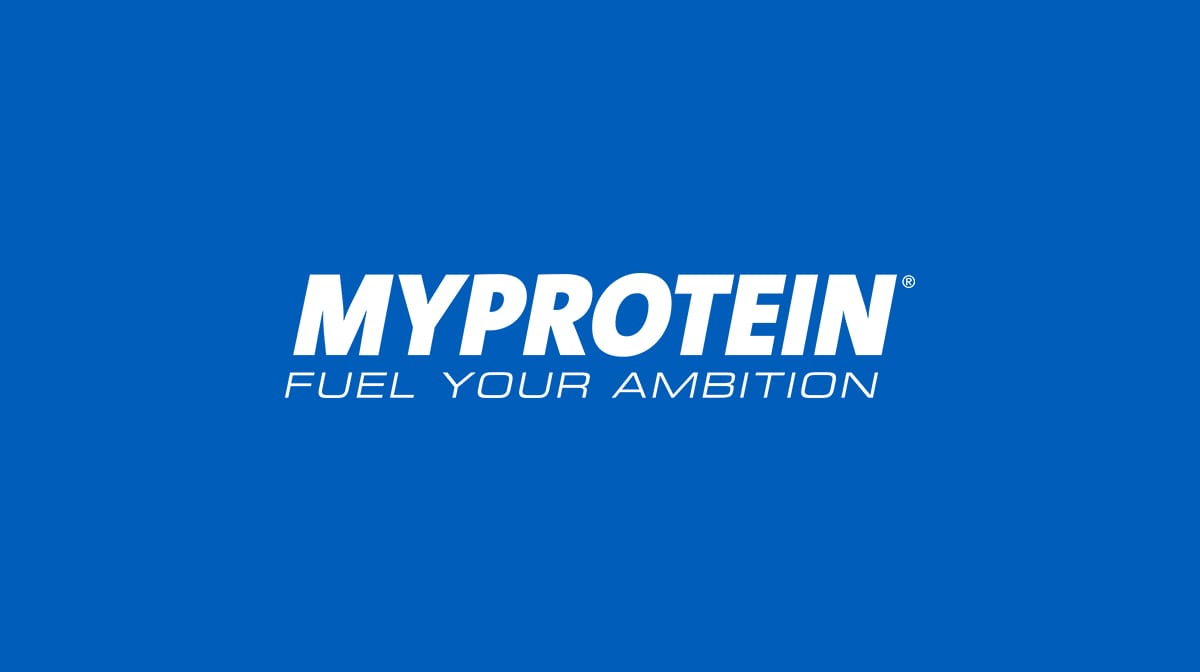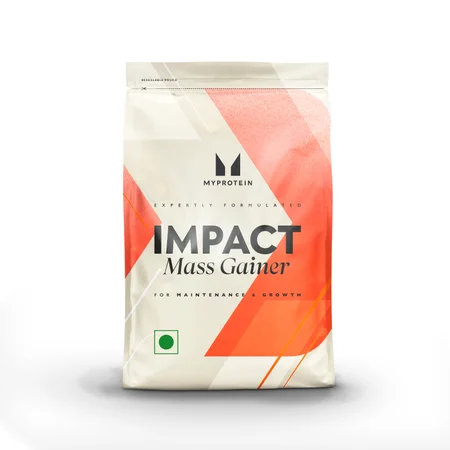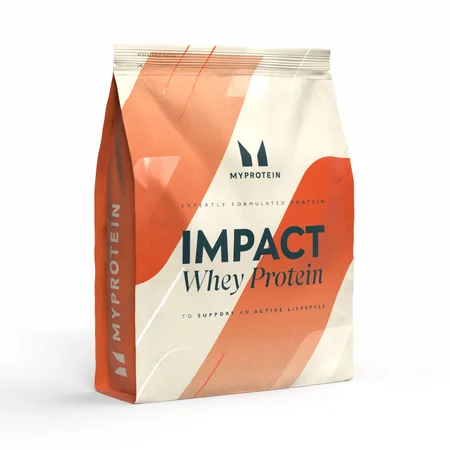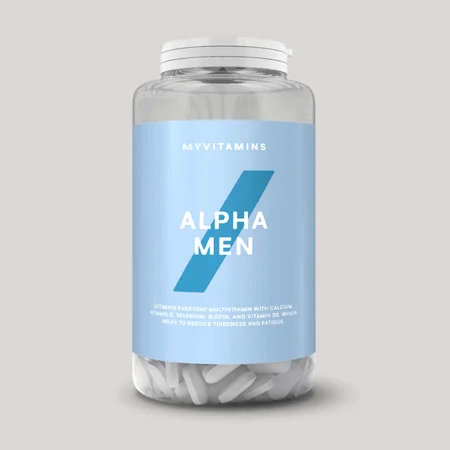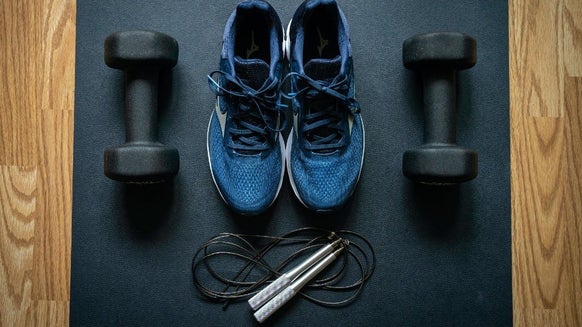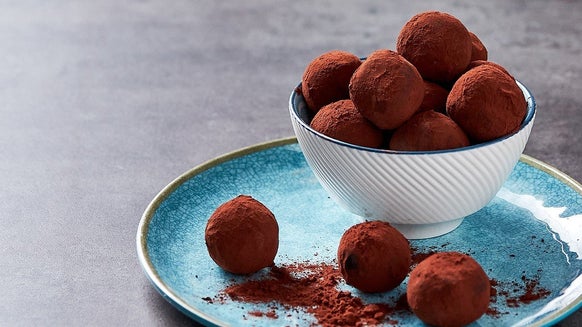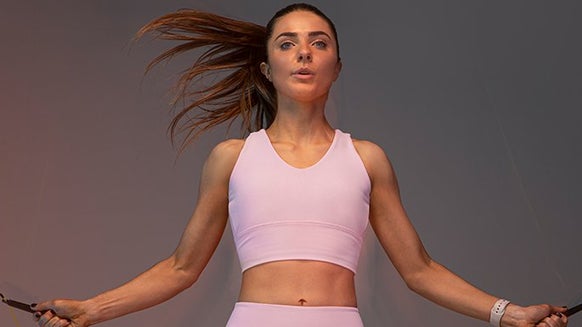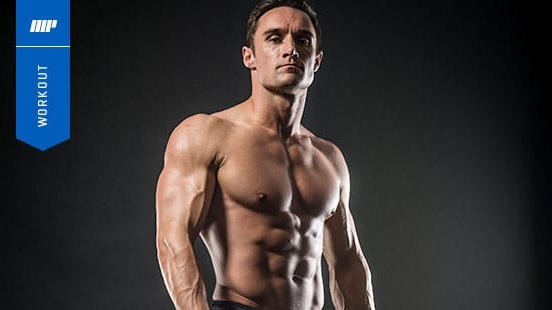How to Gain Muscle Mass
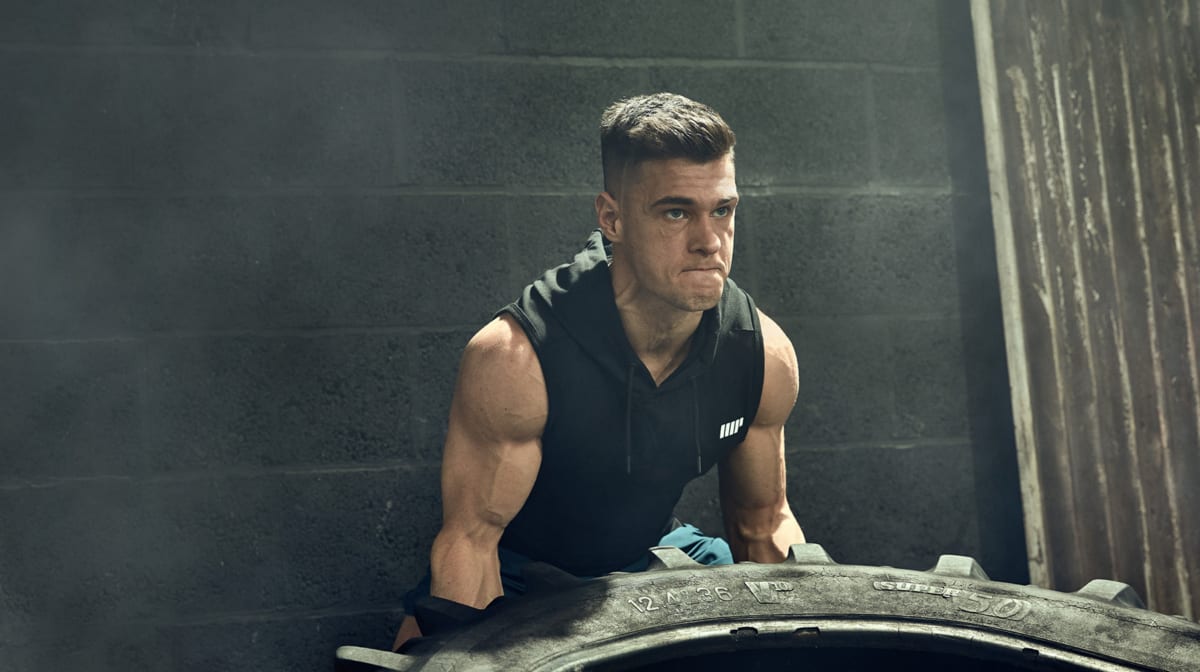
How to Gain Weight?
Eat more. The most basic concept in human nutrition is the energy balance model. Simply put, if the amount of calories in your diet exceeds the number of calories your body needs you will put the weight on.
Unfortunately, energy is never lost in our universe and all the energy (calories) you eat needs to go somewhere. The macronutrient composition of your diet, nutrient timing, quality of the food, genetic make-up, hormonal balance and physical activity will all determine the faith of your meal. By optimising these factors you can ensure that the extra calories you eat to build muscle rather than love handles and this article will help you with getting the most out of your diet.

Muscle Building Nutrition & Supplements
1. Protein
The key nutrient which builds all human tissues, including muscle. Our bodies don’t store protein, therefore in times of need tissues can be broken down into protein and then to amino acids, which can be used elsewhere – that’s when we talk about catabolism. It happens all the time, casting a shadow over your gains, hence it’s very important to tip the scales towards anabolism and supply your body with protein every 2-3 hours. That will ensure a steady intake of amino acids needed to over-build the muscle damage caused by weight training. It’s worth noting that weightlifting and greater muscle mass, increase the demand for this nutrient (and all the others).
However, there is little evidence that intakes of over 2g per 1kg of body weight lead to more muscle growth. So if your bodyweight is 70kg (150lbs) you should be aiming for 140g of protein – the equivalent of over 1.5 pounds of chicken breast a day! Fortunately, there are supplements which can help you get all the protein you need without being kitchen-bound. Two scoops of Impact Whey Protein are probably the most cost-effective 40 grams of protein you can get in few sips.
Sources of protein:
- Eggs
- Fish
- Cheese
- Chicken
- Turkey
- Meats
2. Carbohydrates
The body’s preferred source of energy, bound in the muscle as glycogen explaining the muscle-fullness you got the other day after eating few beagles. Carbohydrates have got a bad name for themselves as having too many of them too often leads to elevated insulin levels. This storage hormone stops fat oxidation and packs both the muscle and fat cells with whatever you ate. It’s a double-edged sword – used wisely carbohydrate consumption leads to epic muscle growth, used not-so-wisely leads to epic fatness.
Nevertheless, carbs are a must if you want to gain muscle! If you put on fat easily you should have most of your carbs around your workout, as at that time their uptake by muscles is greatly enhanced. It may also be a good idea, not to mix fats with simple carbs (sugars) in one meal, as the rapid insulin spike may promote the fat storage. However, if you’re a typical hard gainer, your life will be a breeze with carbs and fats in every meal.
Carbohydrate intake is highly individual and can range anywhere from 2g to 6g (or more) per kg of body weight, thus it’s something you will need to experiment with. It’s quite easy to get carbohydrates from solid food; however powdered carbohydrate supplement post-workout may be beneficial in maximising the insulin response due to quicker digestion and absorption. Dextrose or more digestive-friendly Waxy Maize will do the job without ruining your wallet.
Sources of carbohydrates:
- Rice
- Potatoes
- Pasta
- Wholegrain bread

3. Fats
Probably the most neglected but so important nutrient, because of its role as a vitamin solvent, building material for sex hormones (including testosterone) as well as a structural component of all cell membranes, including muscle cells. Without at least 20% of calories in your diet coming from fat (e.g. 45g of fat in a 2000kcal diet) you risk fat-soluble vitamin deficiencies and poor hormonal profile.
However not all fat is created equal and body’s response varies depending on the chemical structure of fatty acids. Chances are that your diet lacks essential omega-3s, which shown to have a range of health benefits including enhanced sports performance. Oily fish such as Salmon contains a lot of omega 3s; however, eating fish every day may not be something you’ll easily come to terms with. On top of that, the issue of heavy metal contamination in fatty fish has been raised, hence giving the Salmon a break might be a good idea. Instead, you can supplement your diet with purified and convenient Omega 3.
Sources of fats:
- Oils
- Nuts
- Fatty fish
- Eggs
4. Vitamins and Minerals
These have a wide range of function in the human body, including; energy and hormone production, cell differentiation and many more. As you probably know, most of the vitamins and minerals in your diet come from fruits and vegetables. However, eating through pounds of protein and carbs may not leave much gastric (stomach) space for spacious greens.
Unfortunately by not having your 5-a-day you miss out much needed in muscle building micronutrients as well as muscle damage repairing anti-oxidants and digestion helping fibre. No to worry though, you can supplement your diet with Myprotein’s blend of vitamins, minerals and anti-oxidants Alpha Men Multivitamin Tablets.
Sources of vitamins and minerals:
- Fruits
- Vegetables

Choosing the Right Weight Gainer
Hopefully, by now you have some fundamental idea of what to eat to gain size. However, eating can be a chore and even with the best effort and determination you may find yourself in situations where eating a meal may not be possible or convenient. Sometimes, your appetite simply won’t cooperate and you will find yourself dreading a thought of another spoonful. If so, it might be a good idea to reach out for a weight gainer, after all drinking your calories is much easier and quicker… but how to choose the right one?
Weight Gainer Blend – a cost-effective blend of whey protein concentrate and ground oats. Following the previously mentioned rule of not mixing simple sugars and fats in one meal, this product will be a safe meal substitute even for those prone to gaining body-fat. Highly bio-available protein and complex carbohydrates are just bread and butter in a meal schedule of every fitness freak.
Take Home Message
That summarises the Gaining Serious Mass 101 from the nutritional perspective. Stay tuned for more articles and, for the love of protein, eat more!
